Study finds air pollution, specifically ozone exposure, has a disruptive affect on the genes responsible for circadian rhythms in the lungs.


Study finds air pollution, specifically ozone exposure, has a disruptive affect on the genes responsible for circadian rhythms in the lungs.
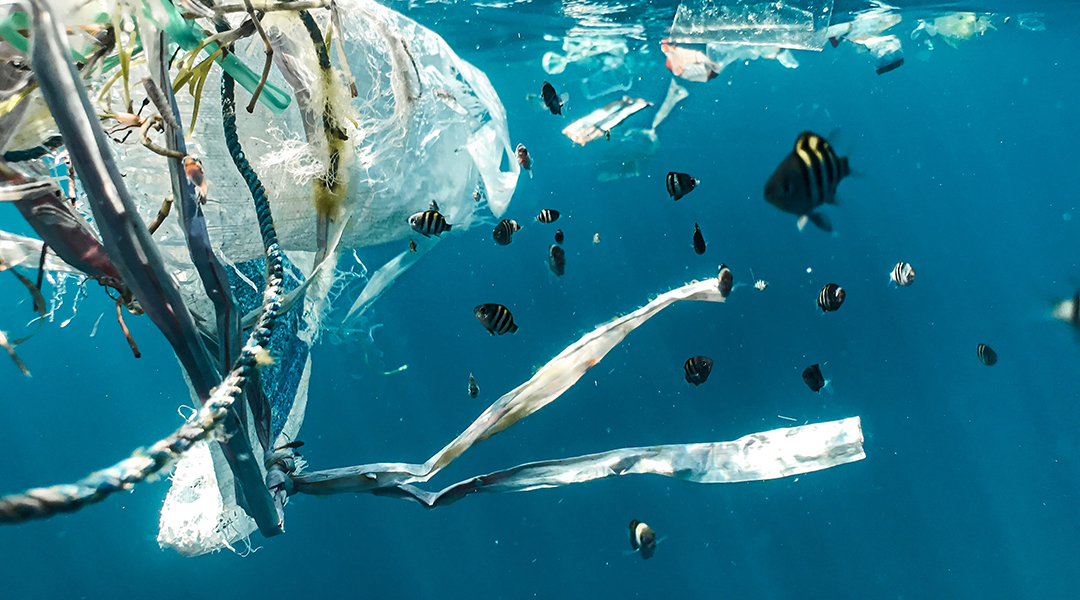
A new study looked at the extent to which plastics can be recycled using mechanical methods, finding good and bad news.
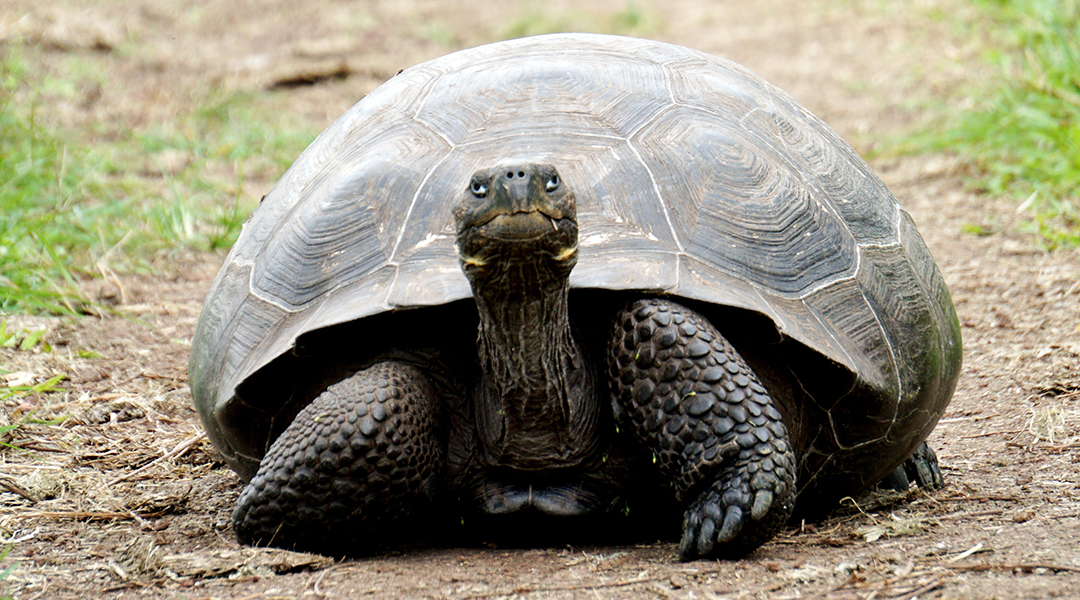
Galapagos tortoises display temperature-dependent sex determination, which may negatively skew population demographics under climate change.

A clever ocean-based device pulls and permanently sequesters carbon dioxide from the atmosphere, generating green hydrogen in the process.
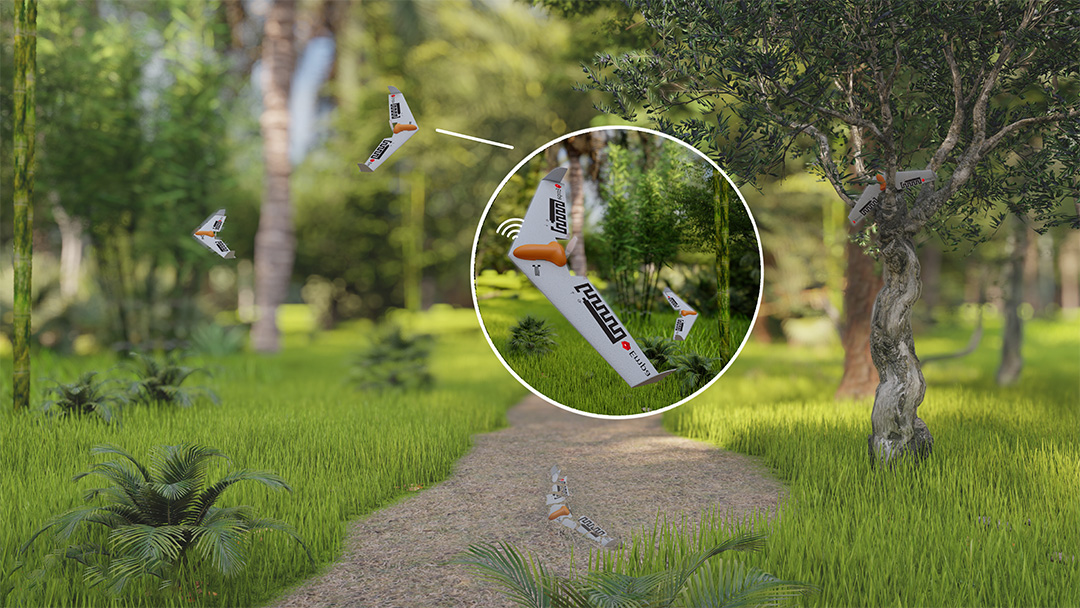
The forest floor should be able to make a meal out of this new drone made of almost completely from biodegradable parts.

By accurately detecting moisture levels, this artificial leaf sensor could help increase crop yields while reducing the need for pesticides.
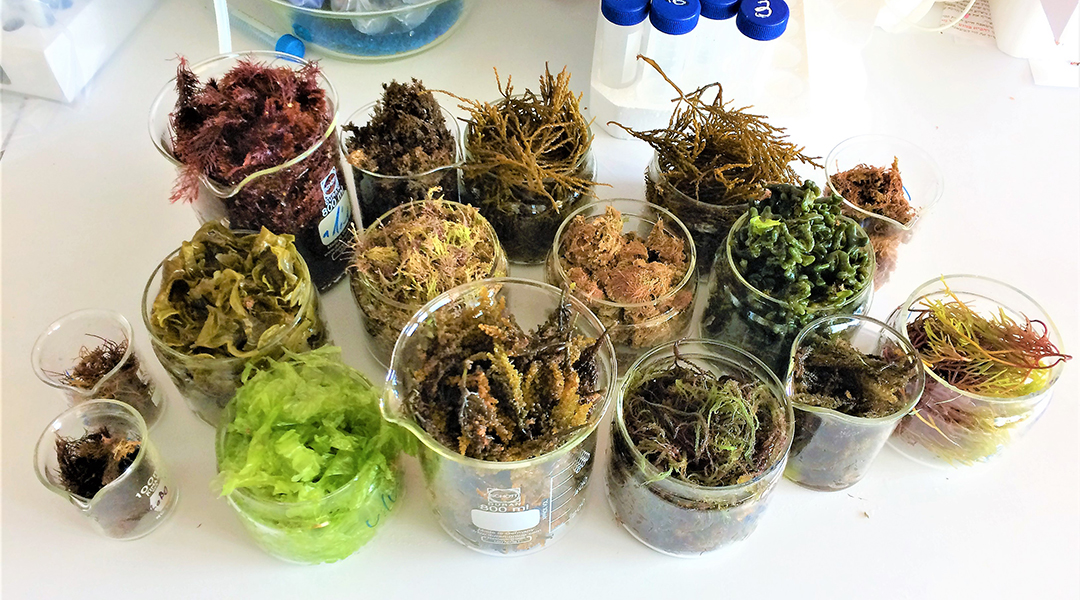
A new cultivation method enhances the concentration of valuable compounds in seaweeds with substantial environmental benefits.
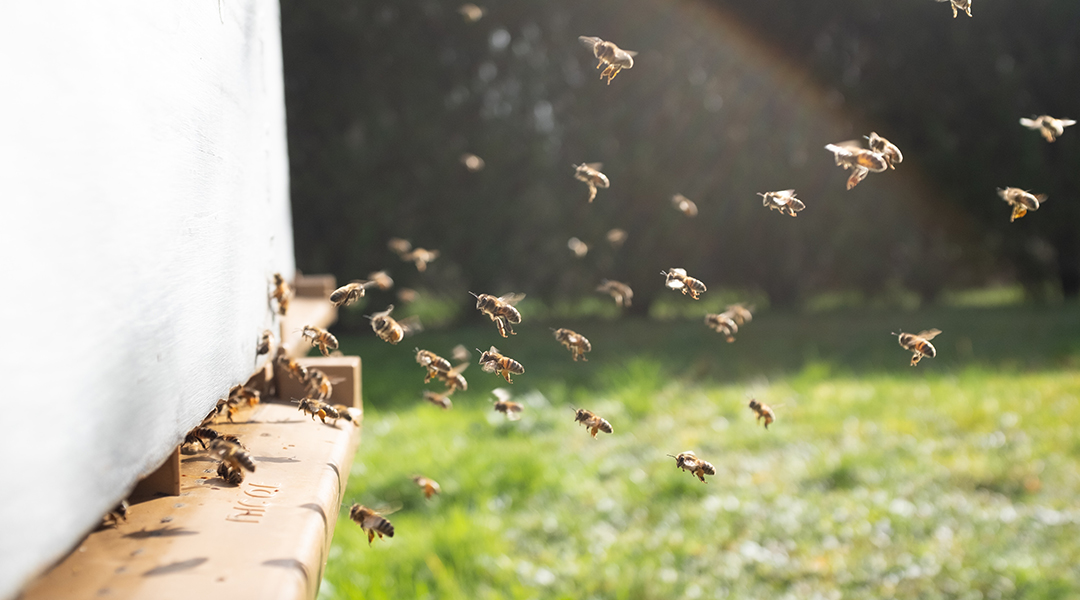
The microbes in beehive debris vary widely between cities and neighborhoods, and could hold keys to assess the human populations’ health.

Recent discoveries have unearthed a bonanza of natural hydrogen in significantly larger quantities than was previously thought possible.
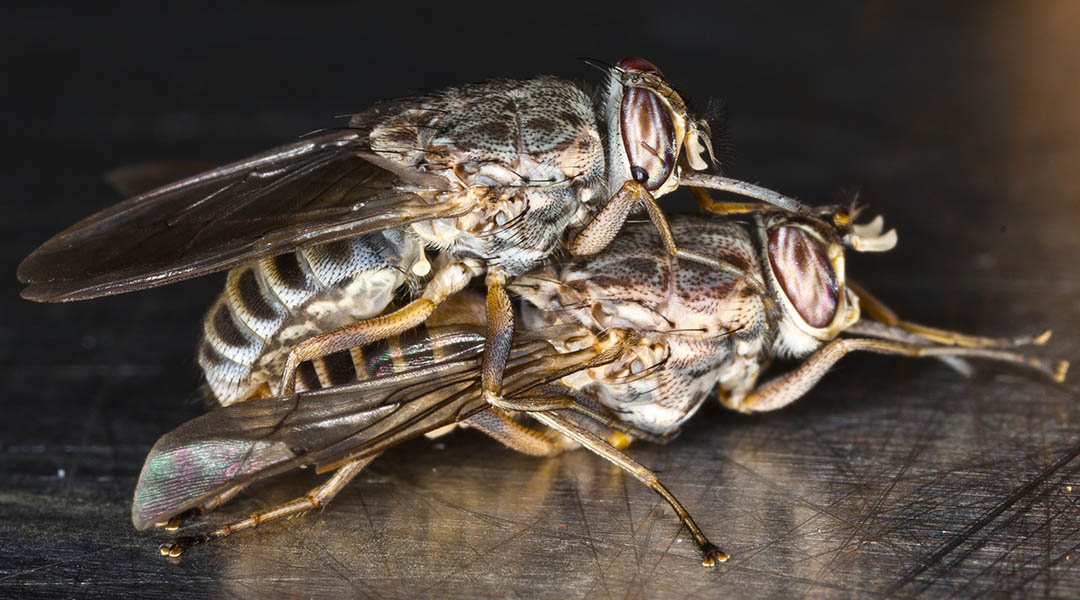
Understanding the chemical language of love used by tsetse flies helps combat the spread of a lethal human parasite.